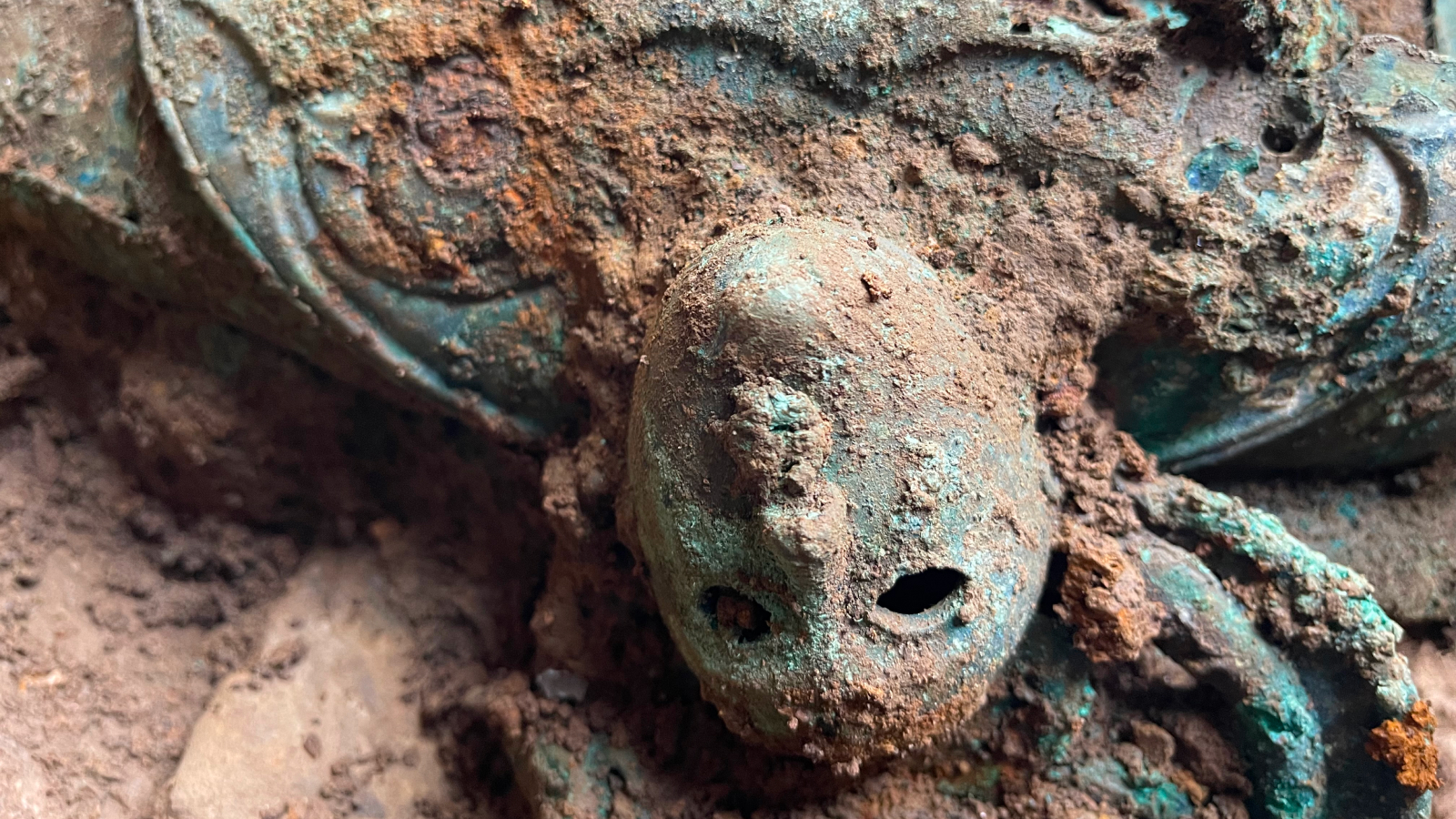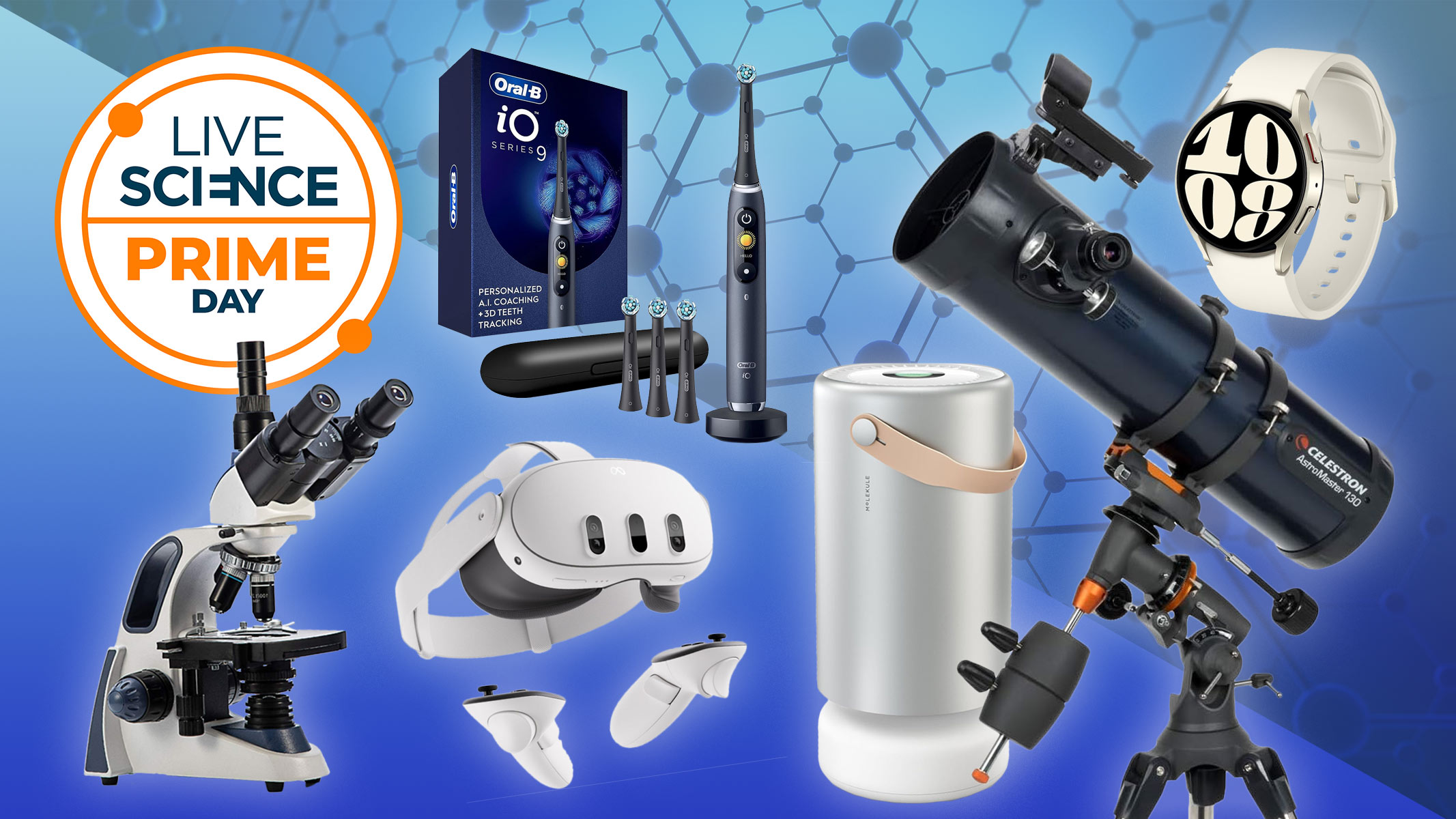Science News: Recent scientific discoveries and expert analysis
Latest news
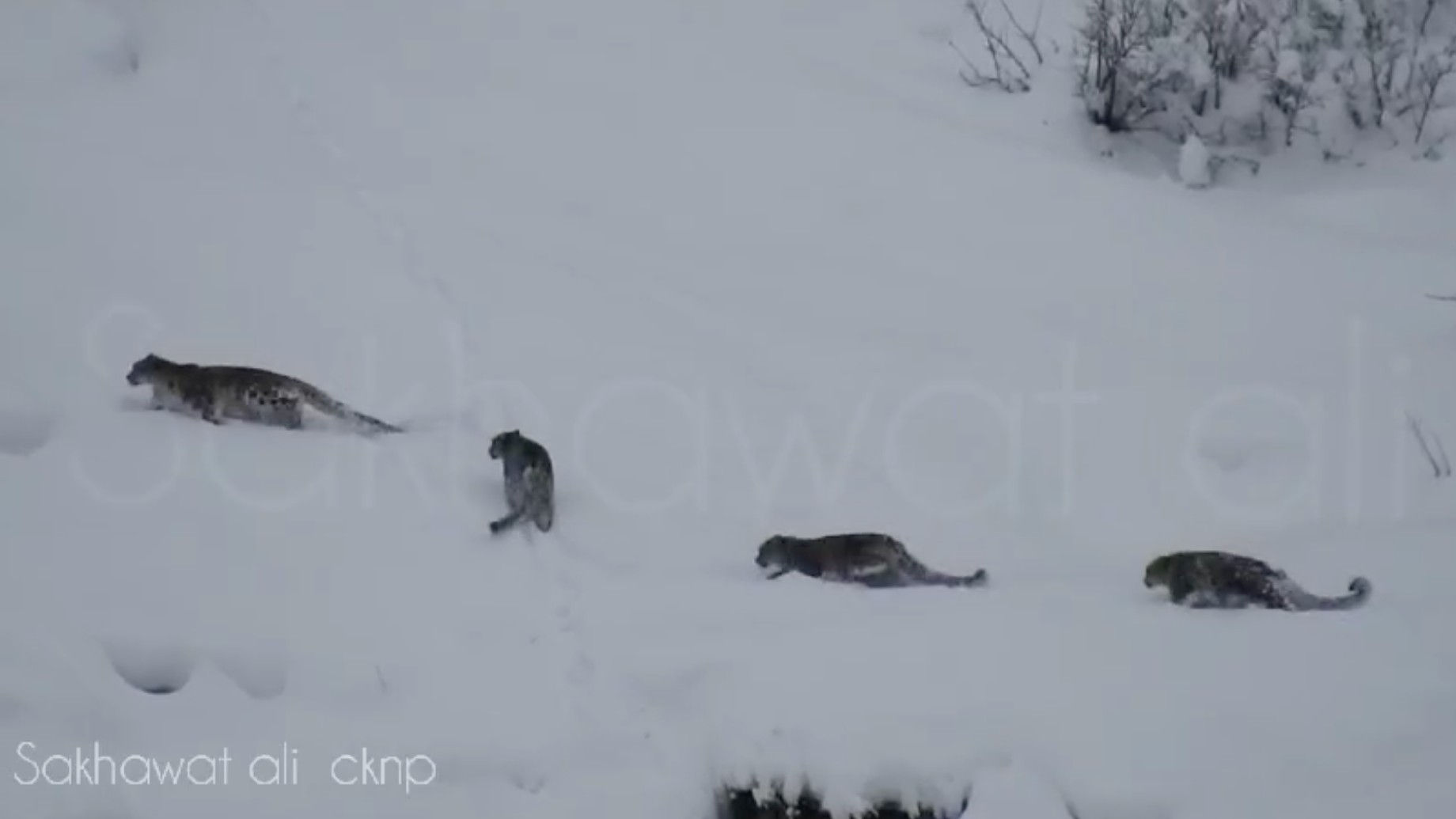
4 snow leopards spotted together on remote Pakistan mountain in rare footage
By Pandora Dewan published
After spotting pawprints for two weeks, a gamekeeper and photographer in Pakistan caught a rare glimpse of a family of four snow leopards.
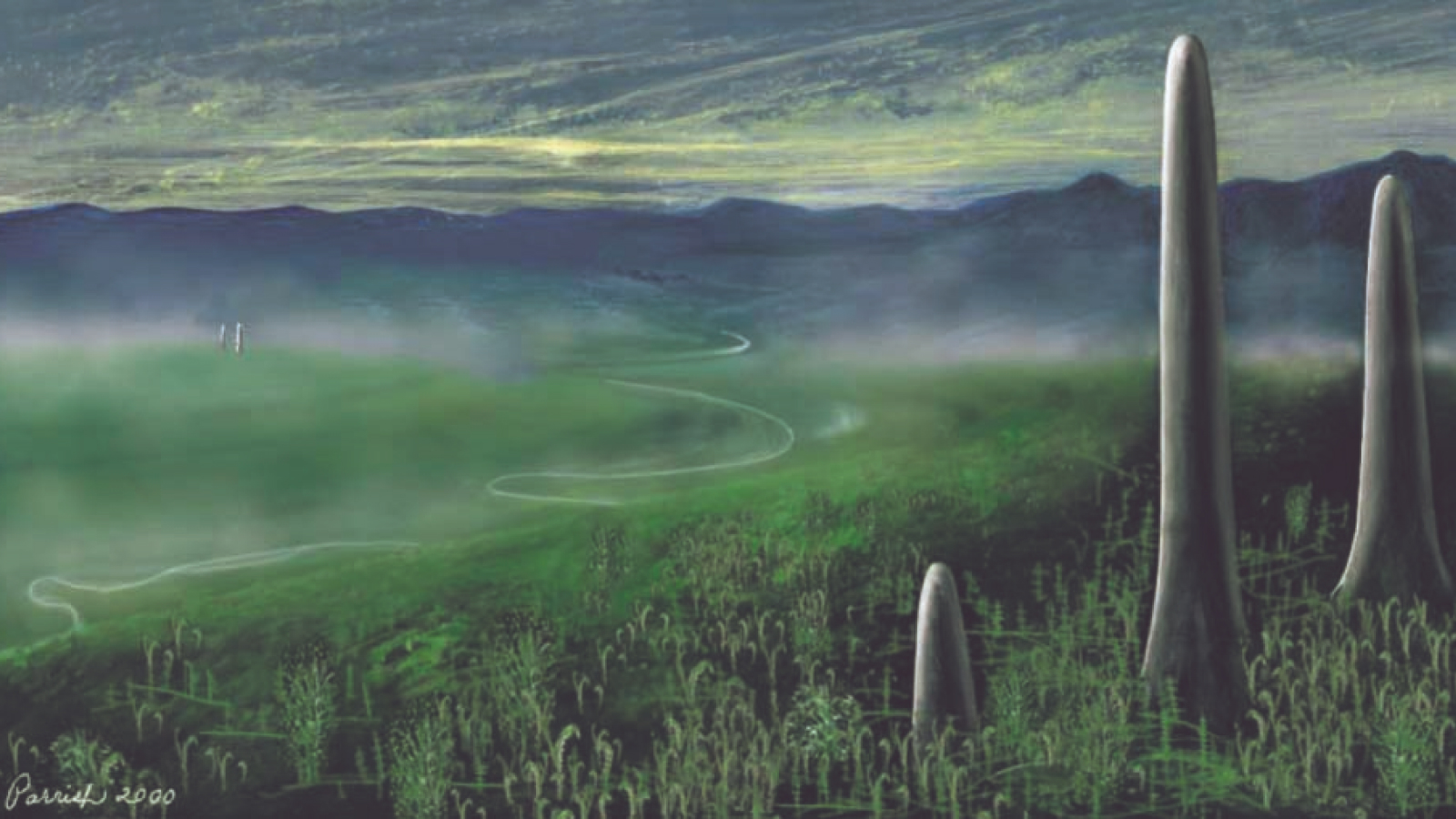
Giant, fungus-like organism may be a completely unknown branch of life
By Jess Thomson published
An ancient and enormous organism called Prototaxites, initially found to be a type of fungus, may actually be an unknown branch of life, researchers say.
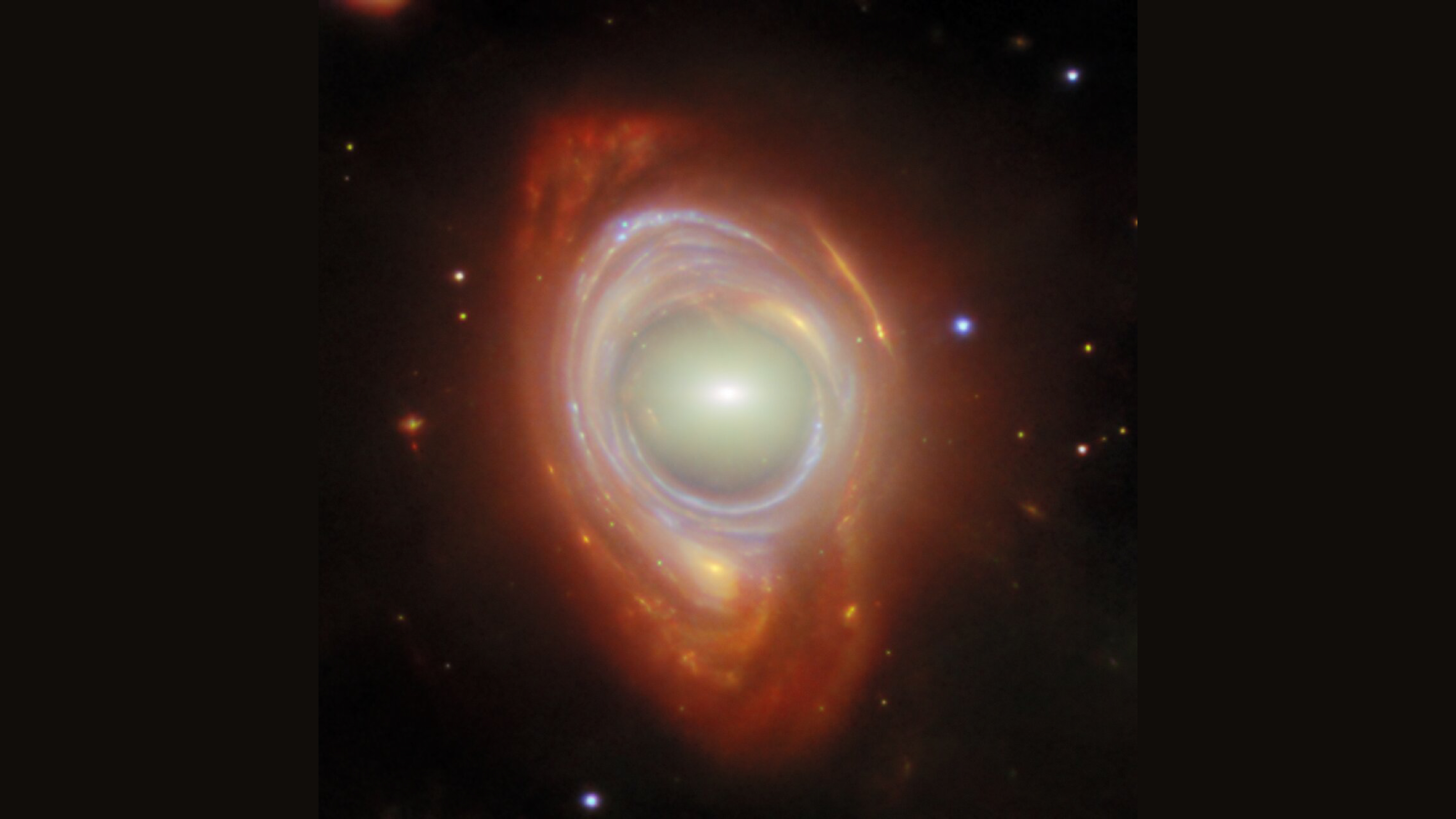
James Webb telescope zooms in on bizarre 'Einstein ring' caused by bending of the universe
By Jess Thomson published
The strange sight is actually two galaxies, with the light of the second warped around the one at the front as a result of its massive gravity.
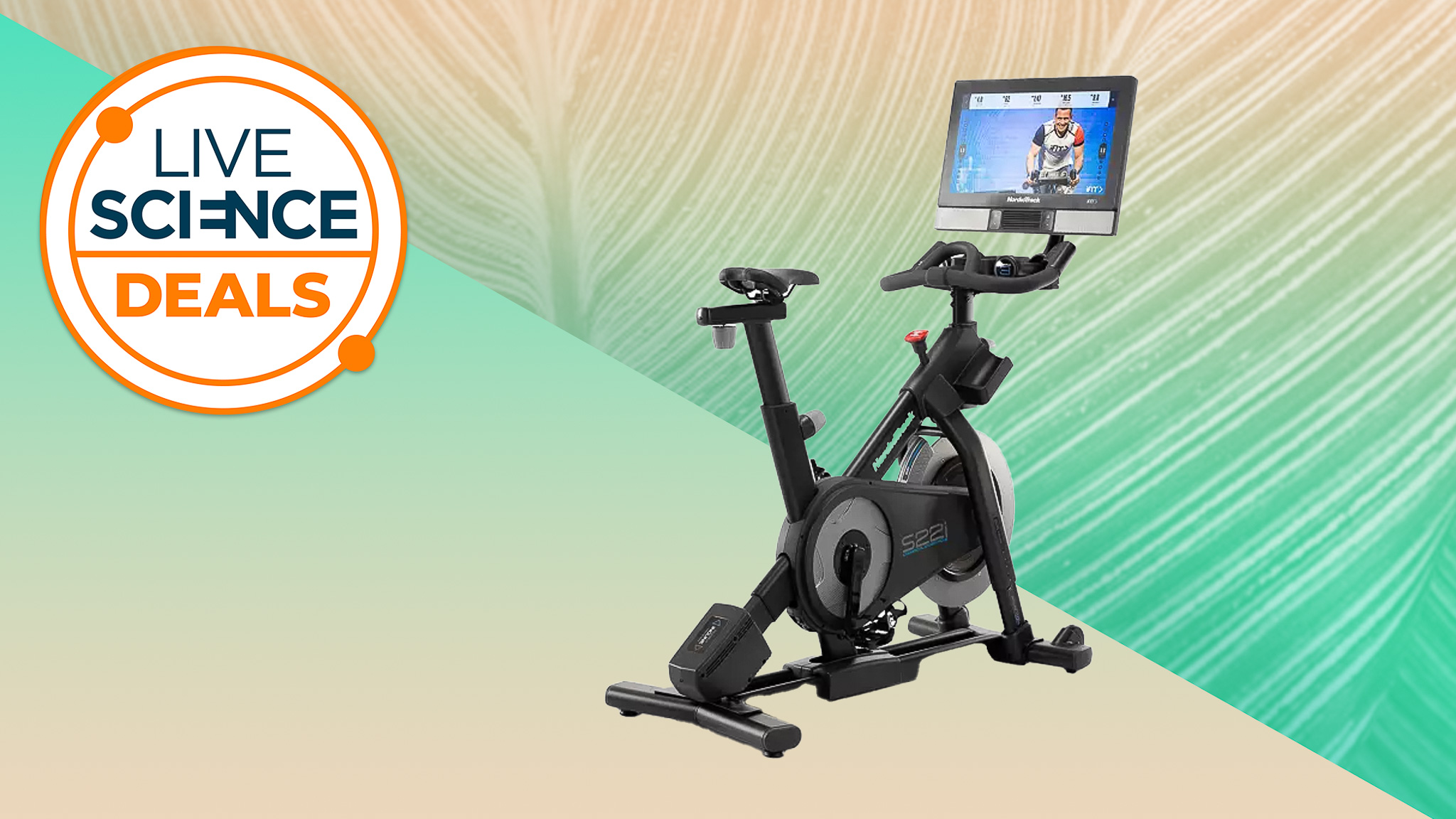
This might be the best exercise bike deal ever: NordicTrack exercise bike 41% off in the Amazon Big Spring Sale — a massive $610 saving
By Paul Brett published
Deal NordicTrack is renowned for producing some of the best exercise equipment around, and its Commercial S22i Studio Cycle indoor cycling bike is no different. It has a load of fitness and health-improving features.
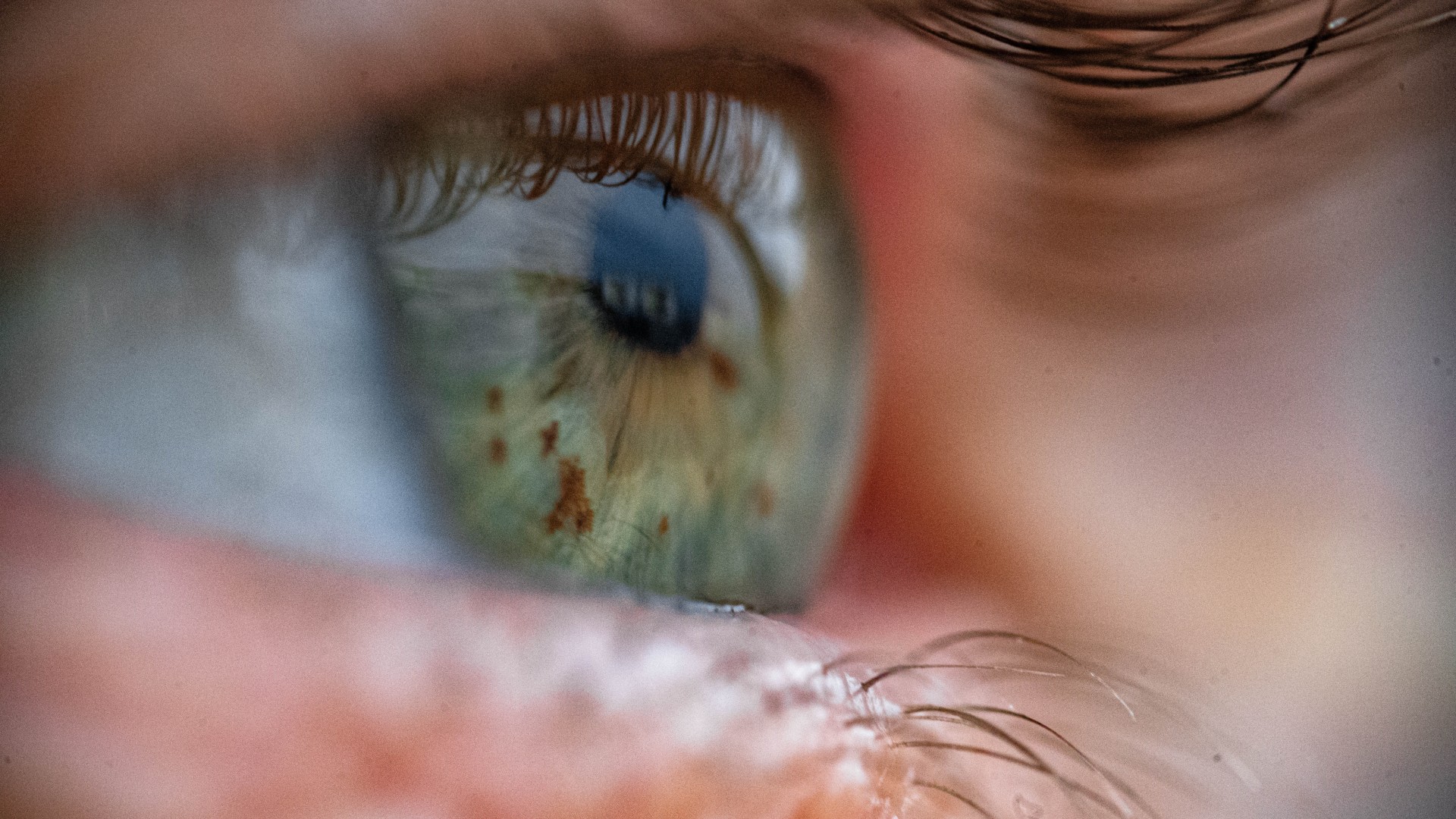
New cells discovered in eye could help restore vision, scientists say
By Emily Cooke published
A new study suggests that never-seen-before stem cells in the human retina can restore vision in mice with a common eye disorder. But more work is needed to translate the treatment to people.
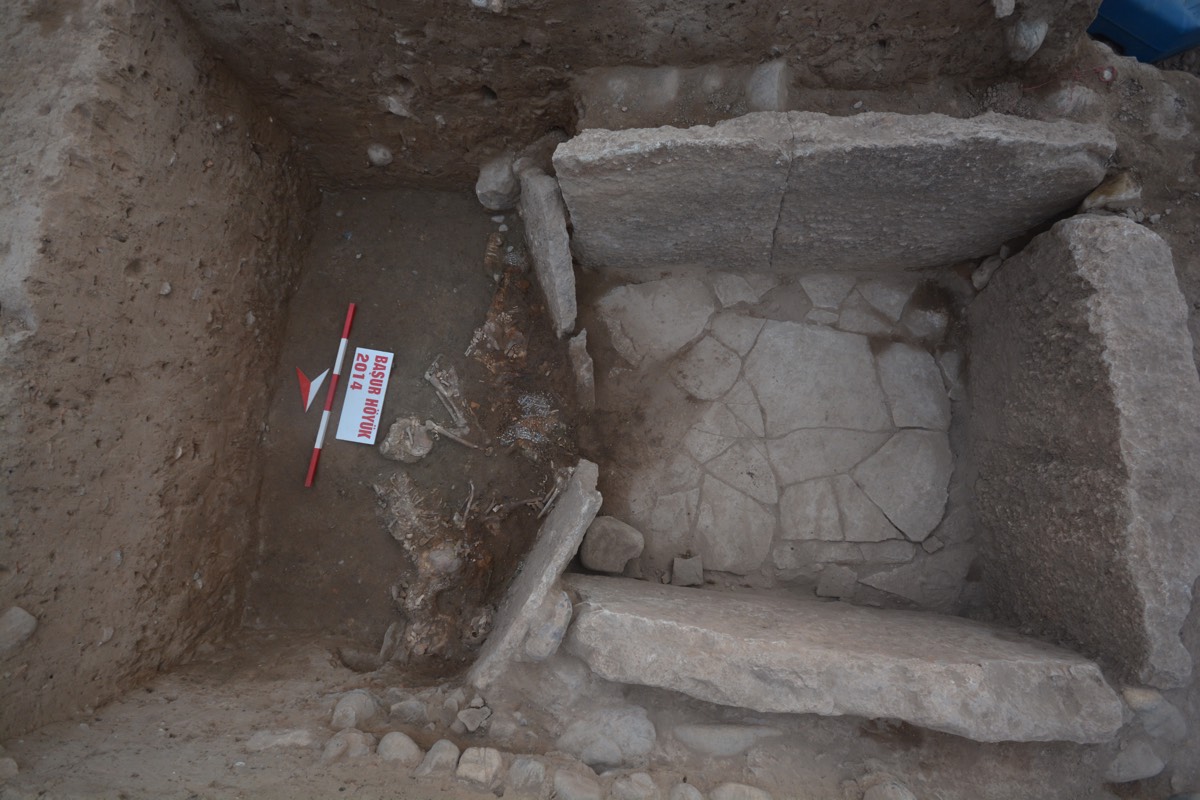
Human sacrifices found in a Bronze Age tomb in Turkey were mostly teenage girls
By Kristina Killgrove published
Archaeologists are unsure why unrelated teenagers were buried in an elaborate Bronze Age tomb but think their age may be a clue.
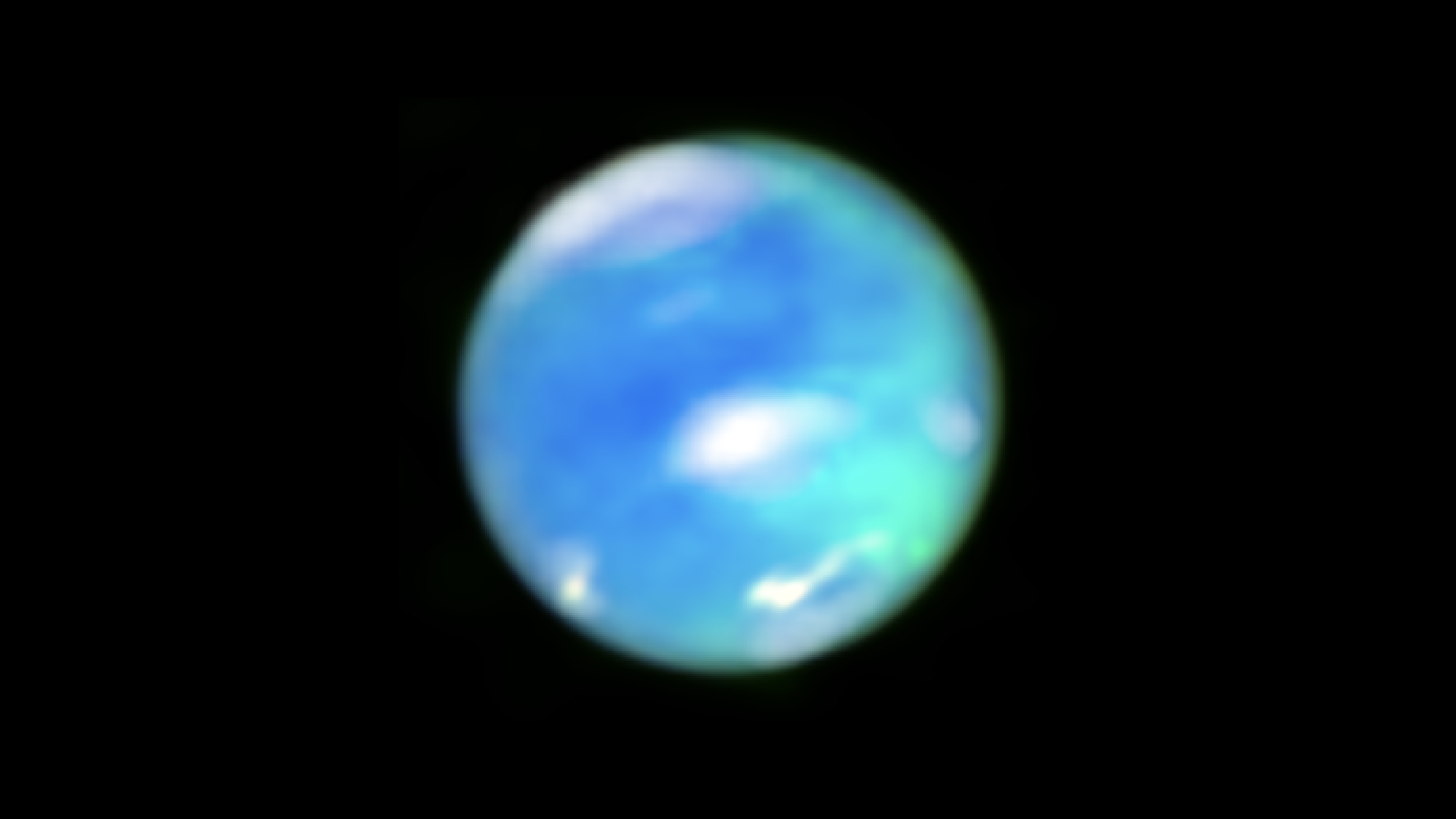
James Webb telescope captures auroras on Neptune for first time ever
By Skyler Ware published
The James Webb Space Telescope has successfully detected auroras on Neptune for the first time ever, finishing a job that NASA's Voyager 2 probe began decades ago.
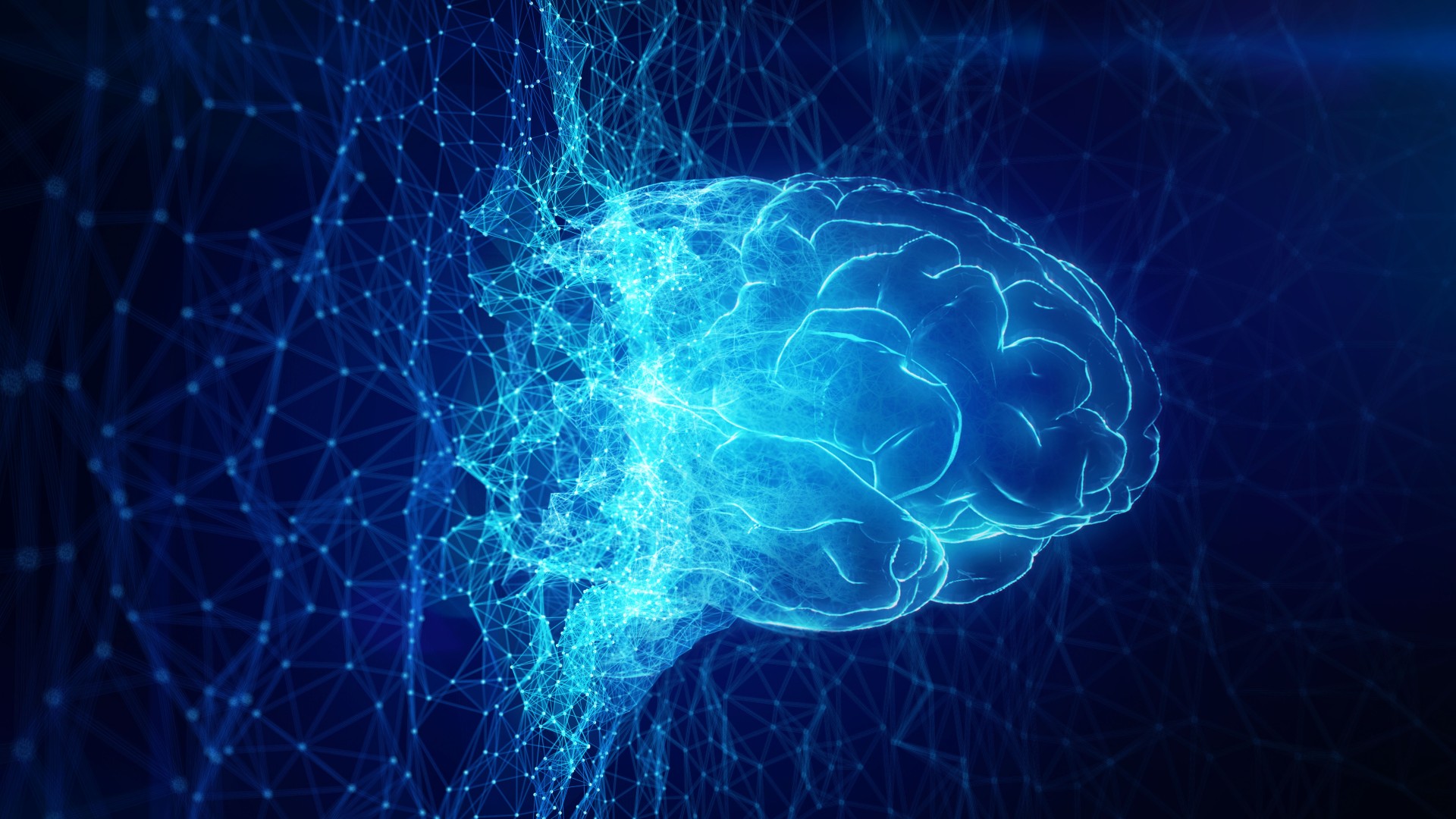
Current AI models a 'dead end' for human-level intelligence, scientists agree
By Ben Turner published
In a new survey, 76% of scientists said that scaling large language models was "unlikely" or "very unlikely" to achieve AGI.
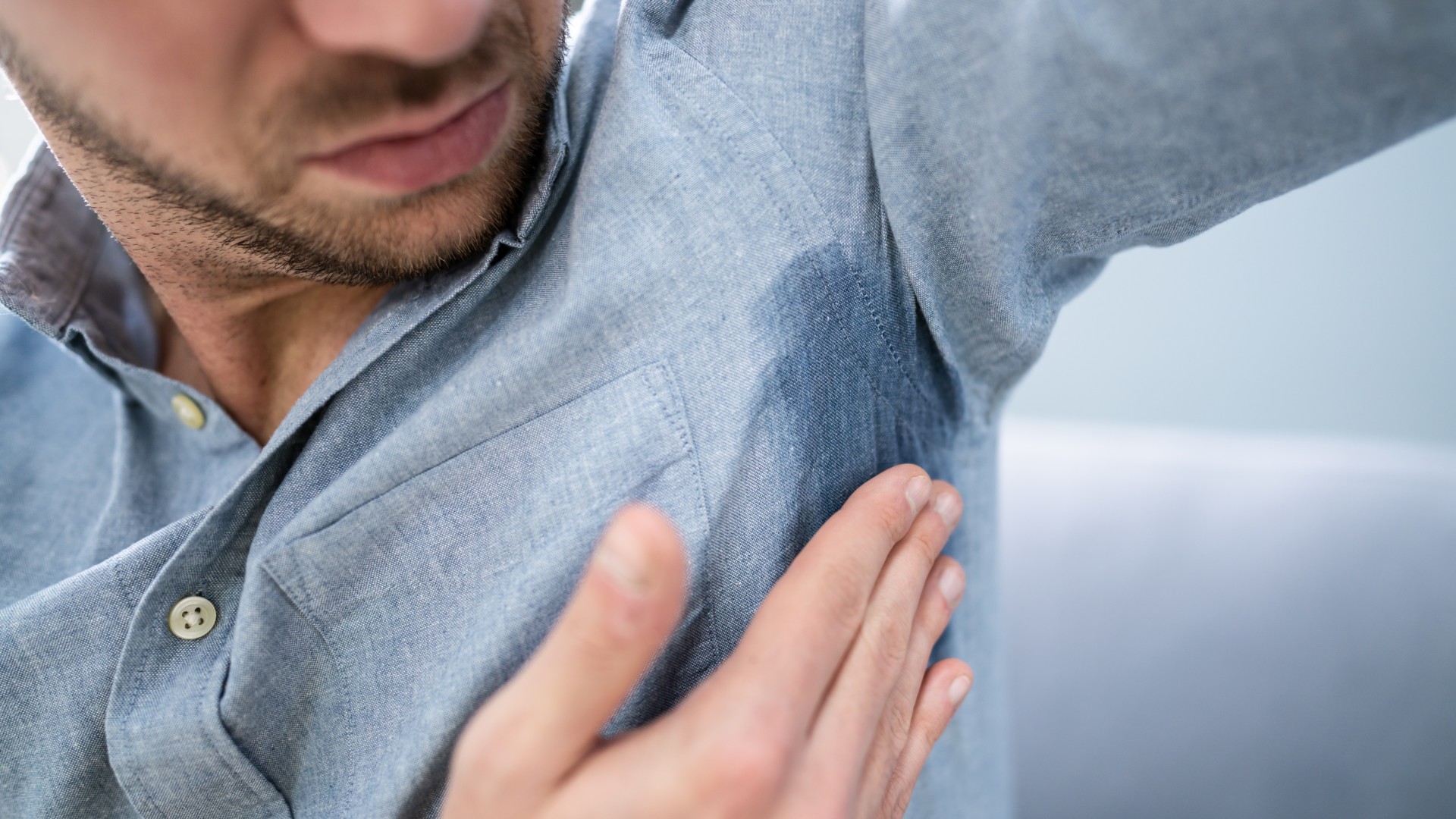
'Fish odor syndrome': A rare metabolic condition that makes sweat smell like rotten fish
By Emily Cooke published
Patients with trimethylaminuria, or "fish odor syndrome," make too much of a chemical with a strong fishy smell.
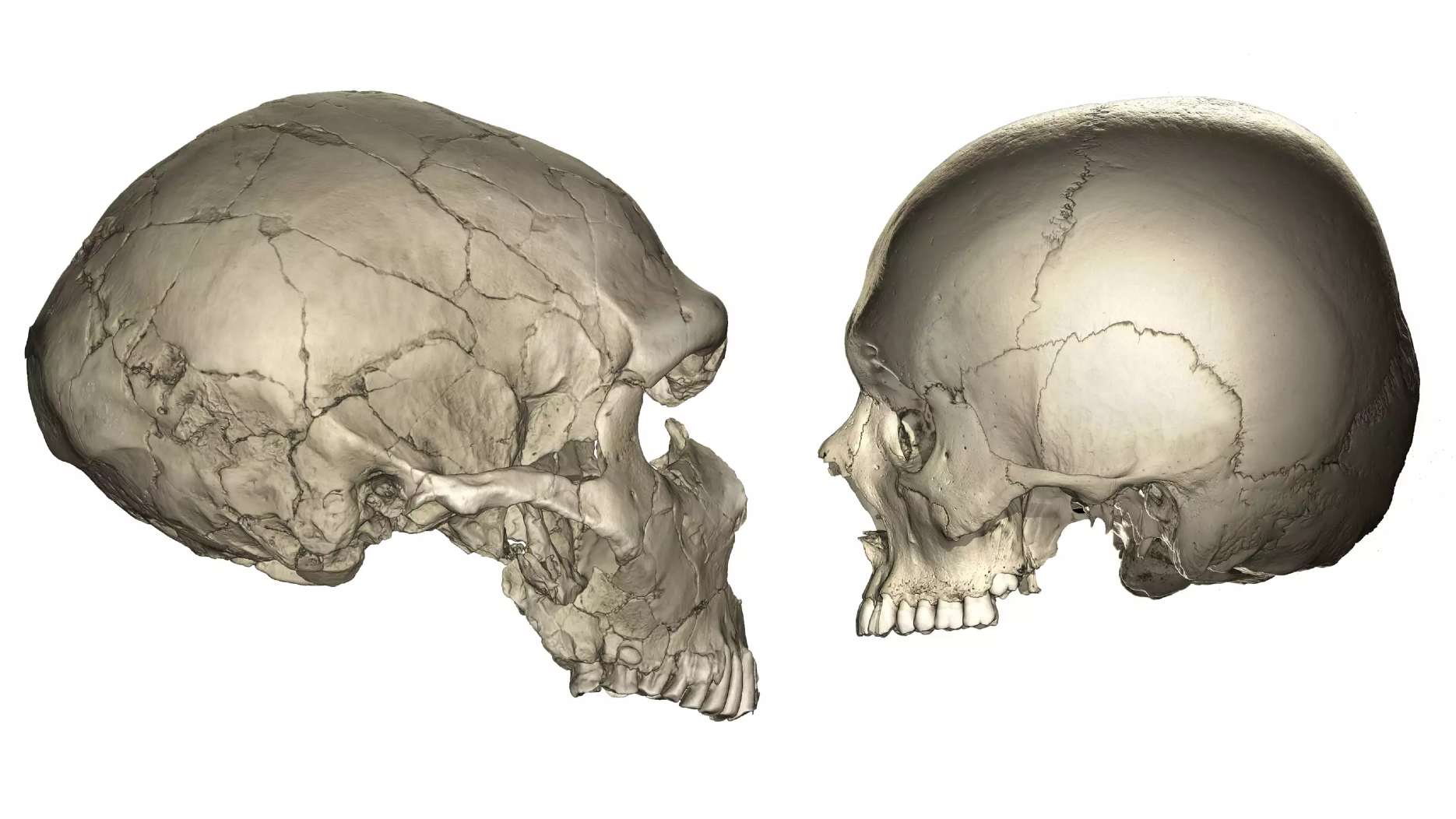
Why modern humans have smaller faces than Neanderthals and chimpanzees
By Kristina Killgrove published
We have smaller faces than Neanderthals and even chimps. A new study may explain how this came to be.

HIV-funding cuts could lead to nearly 3 million extra deaths by 2030, study suggests
By Nicoletta Lanese, Emily Cooke published
A modeling study looked at how anticipated cuts to international HIV funding would affect the rate of new cases and HIV-related deaths in low- and middle-income countries.
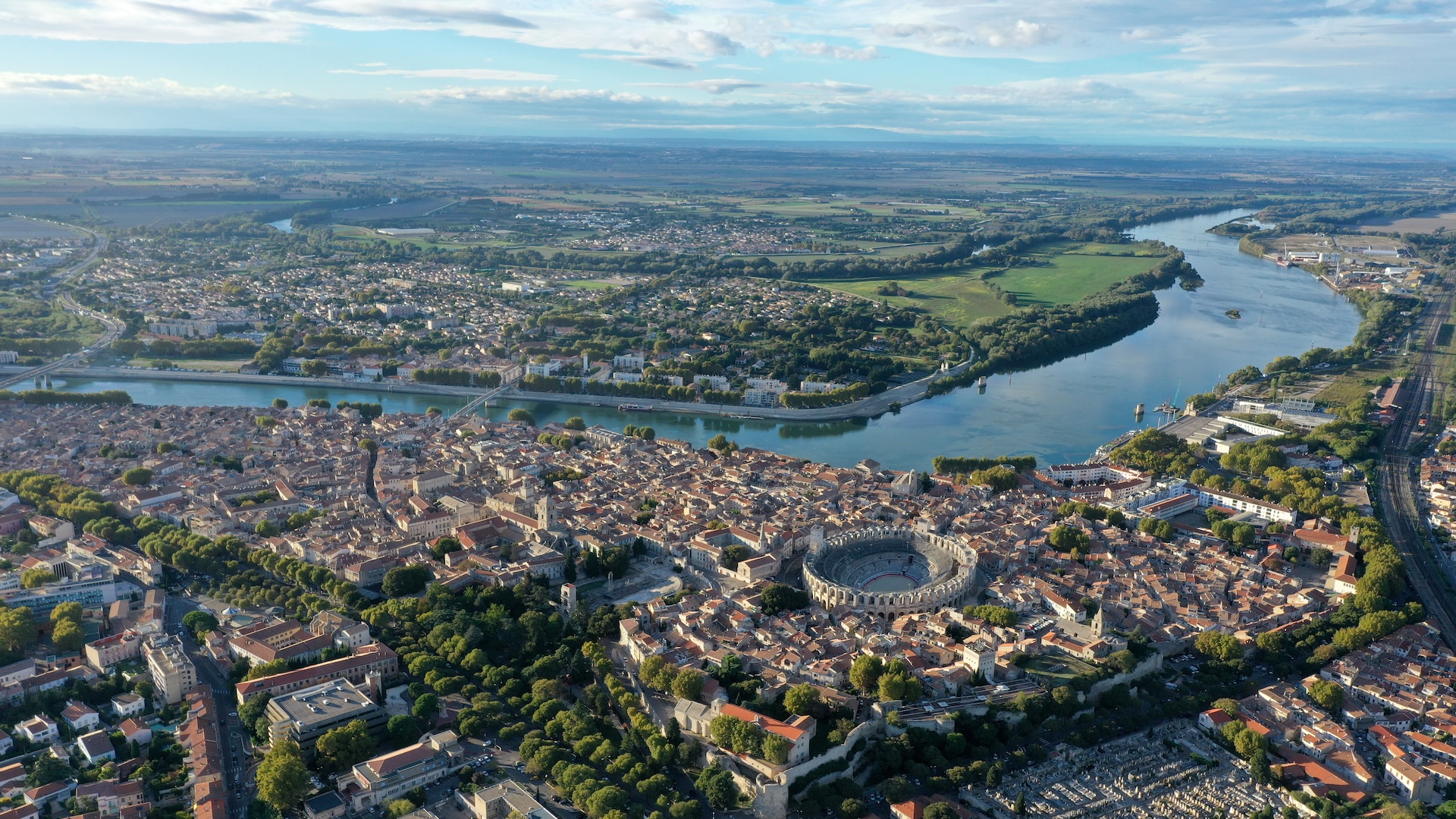
Archaeologists may have finally discovered famous 'lost' canal built by Julius Caesar's uncle
By Taylor Mitchell Brown published
Scientists may have just found a canal the Romans built 2,100 years ago while battling the Celts.
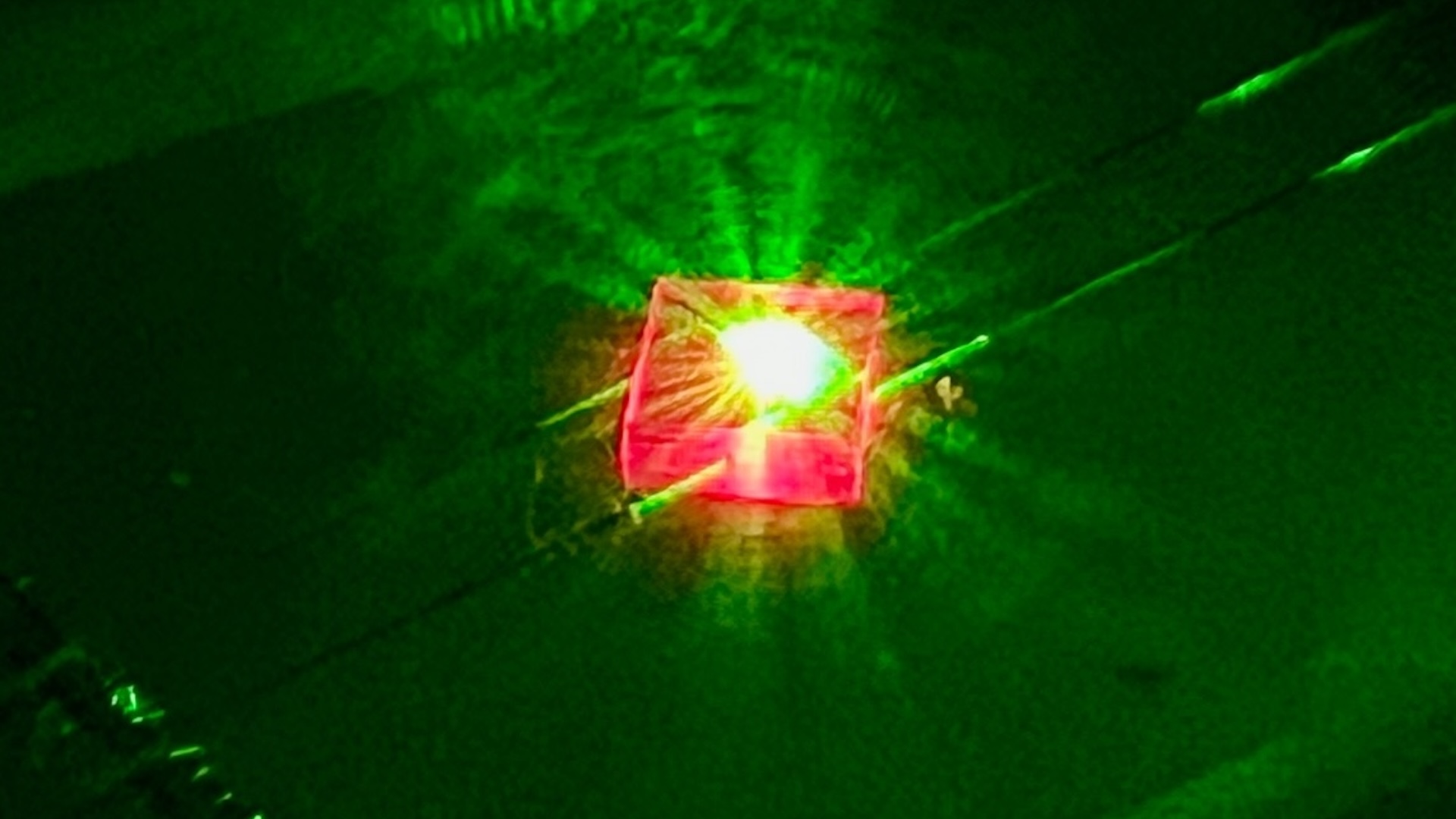
Scientists unveil new type of 'time crystal' that defies our traditional understanding of time and motion
By Alan Bradley published
The latest time crystal innovation may expand the known boundaries of quantum mechanics.

Brain aging accelerates dramatically around age 44 — could ketone supplements help?
By Kamal Nahas published
A study of thousands of people finds that neural connections in the brain start to break down quickly around age 44, but the research hints that ketone supplements could potentially help slow that brain aging.

Auroras possible in a dozen US states tonight as 'coronal hole' unleashes particle storm on Earth
By Skyler Ware last updated
Auroras are possible over the U.S. tonight (March 25) as a "moderate" geomagnetic storm hits Earth.
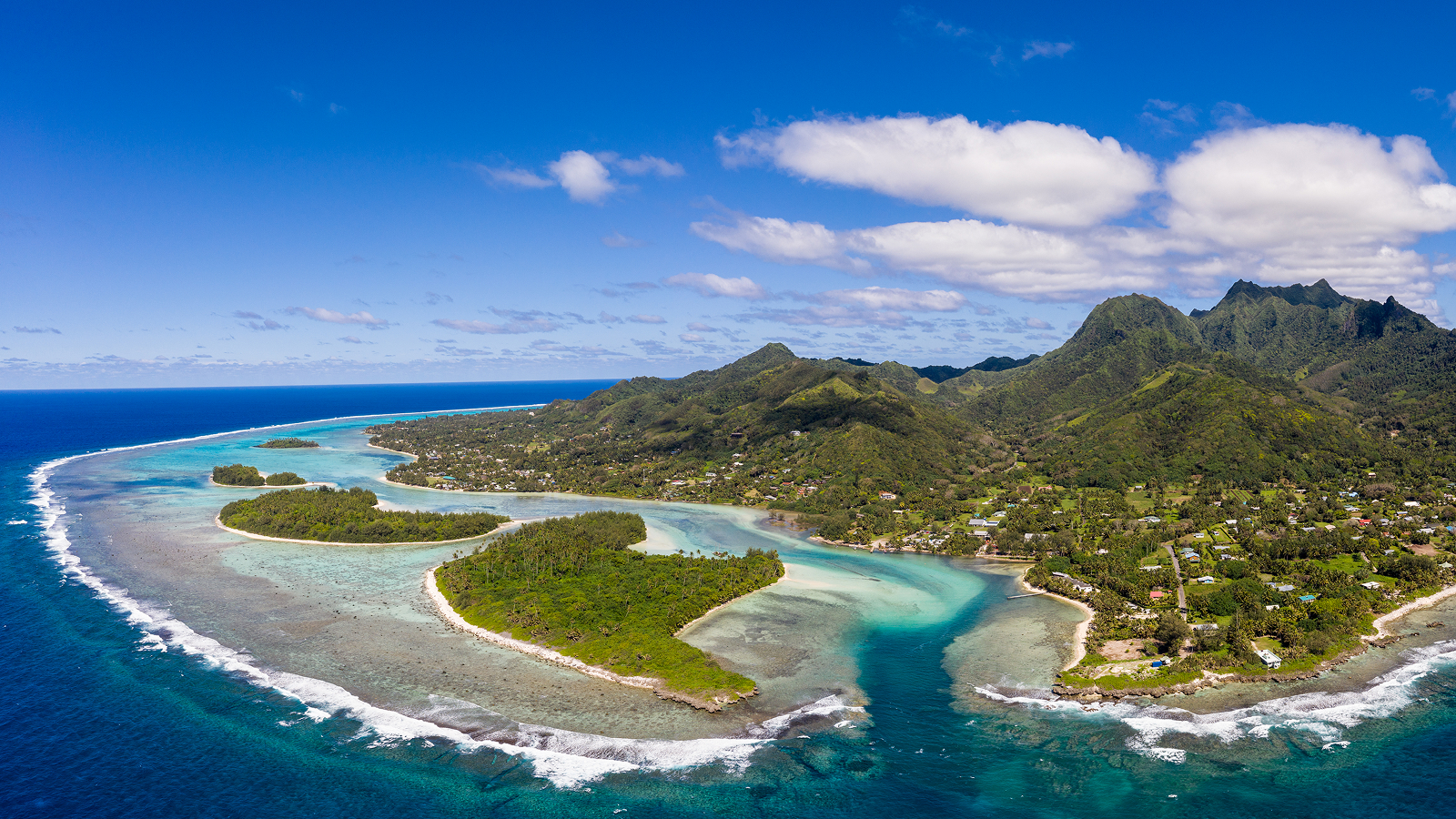
Never-before-seen chain of volcanoes discovered hiding near the Cook Islands
By Jess Thomson published
After suspecting the presence of a series of underwater volcanoes near the Cook Islands, researchers have now mapped out the newly discovered structures.
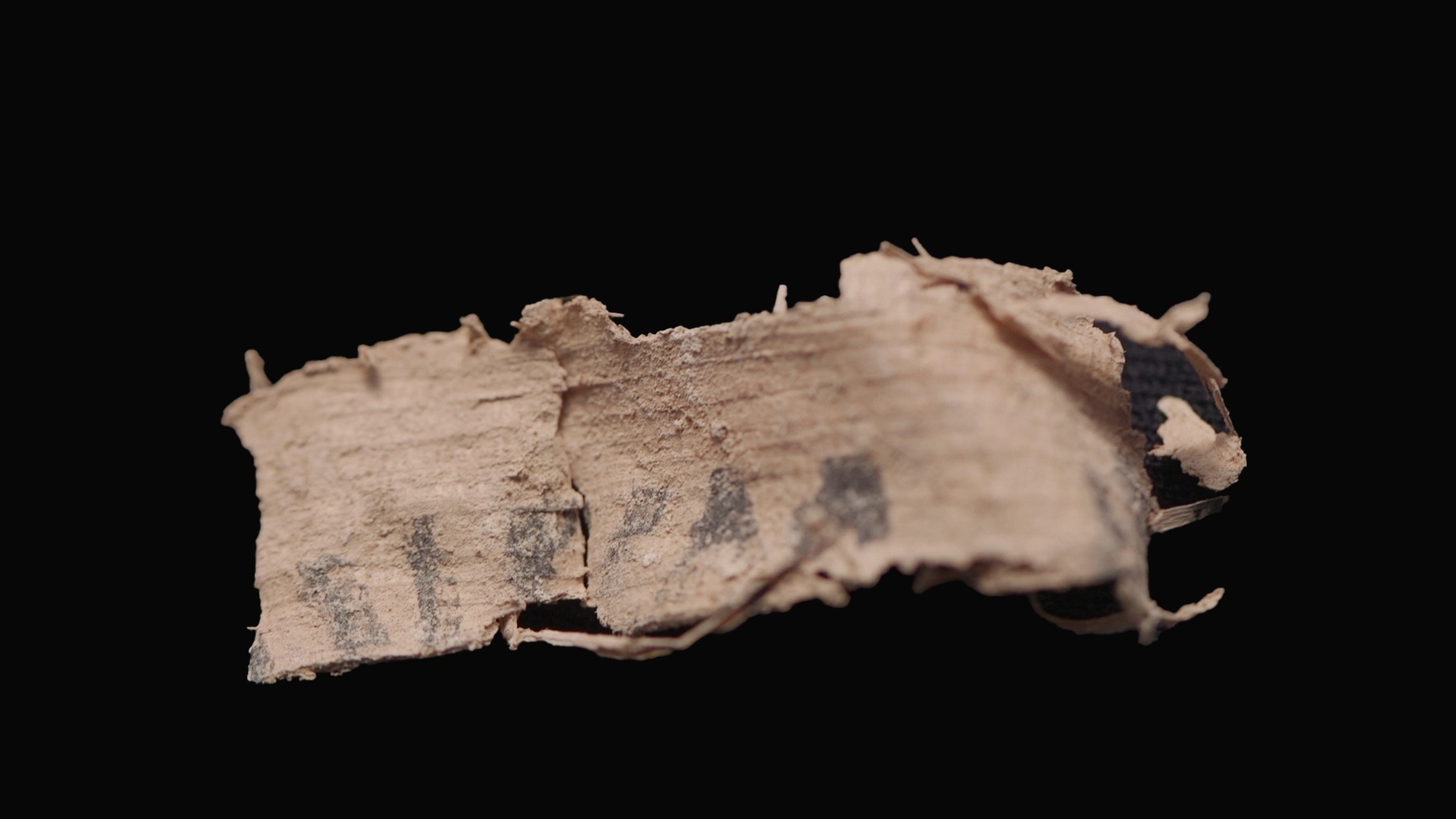
2,200-year-old mysterious pyramid structure filled with coins and weapons found near Dead Sea
By Skyler Ware published
The purpose of a mysterious pyramidal structure in the Judaean Desert is unknown, but excavators are finding many well-preserved artifacts there.

China's superfast charging technology is twice as fast as Tesla's — fully recharging EVs in just 6 minutes
By Ben Turner published
BYD's e-platform charges twice as fast as Tesla's superchargers, meaning its cars can travel up to 250 miles on a five-minute charge
Sign up for the Live Science daily newsletter now
Get the world’s most fascinating discoveries delivered straight to your inbox.
